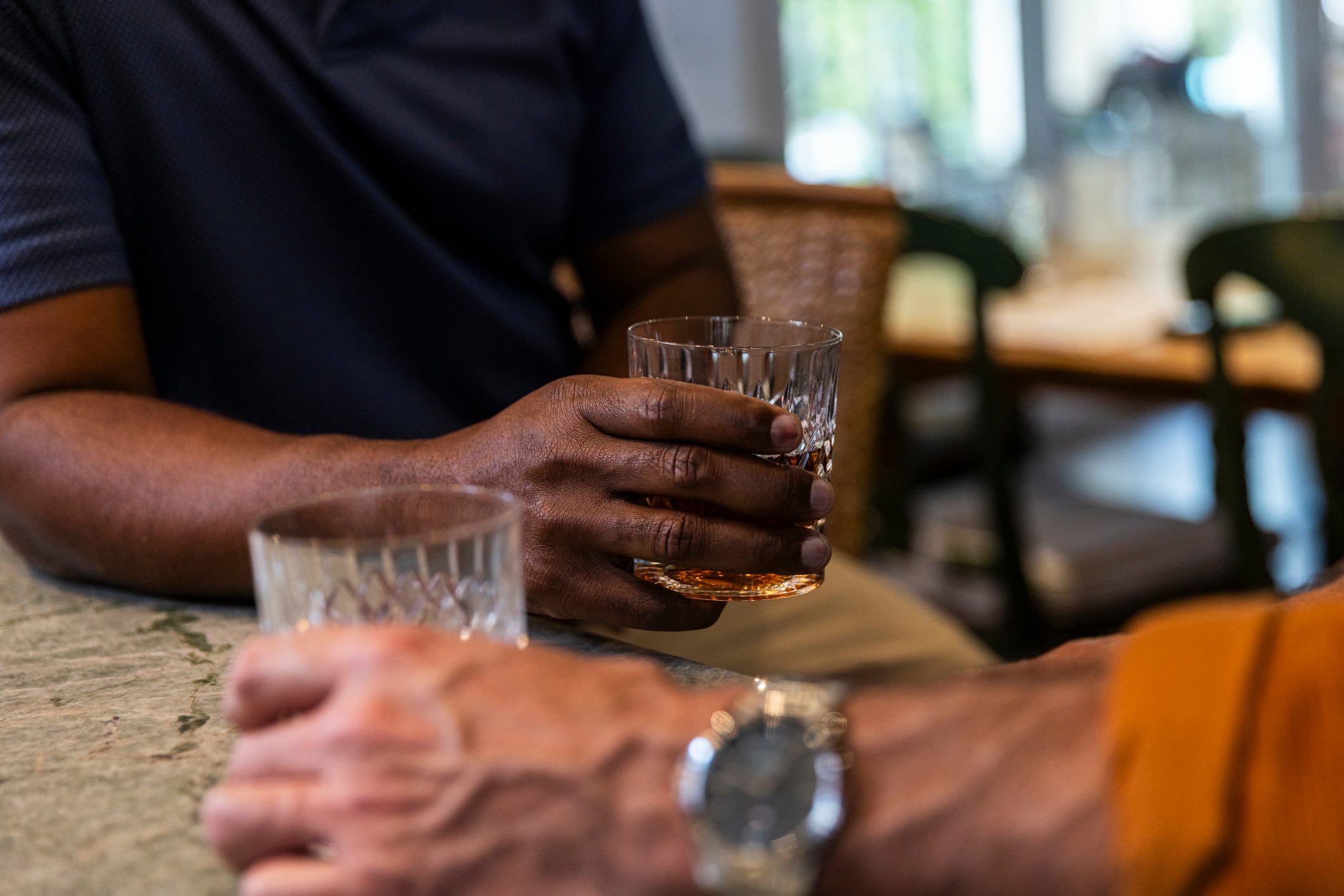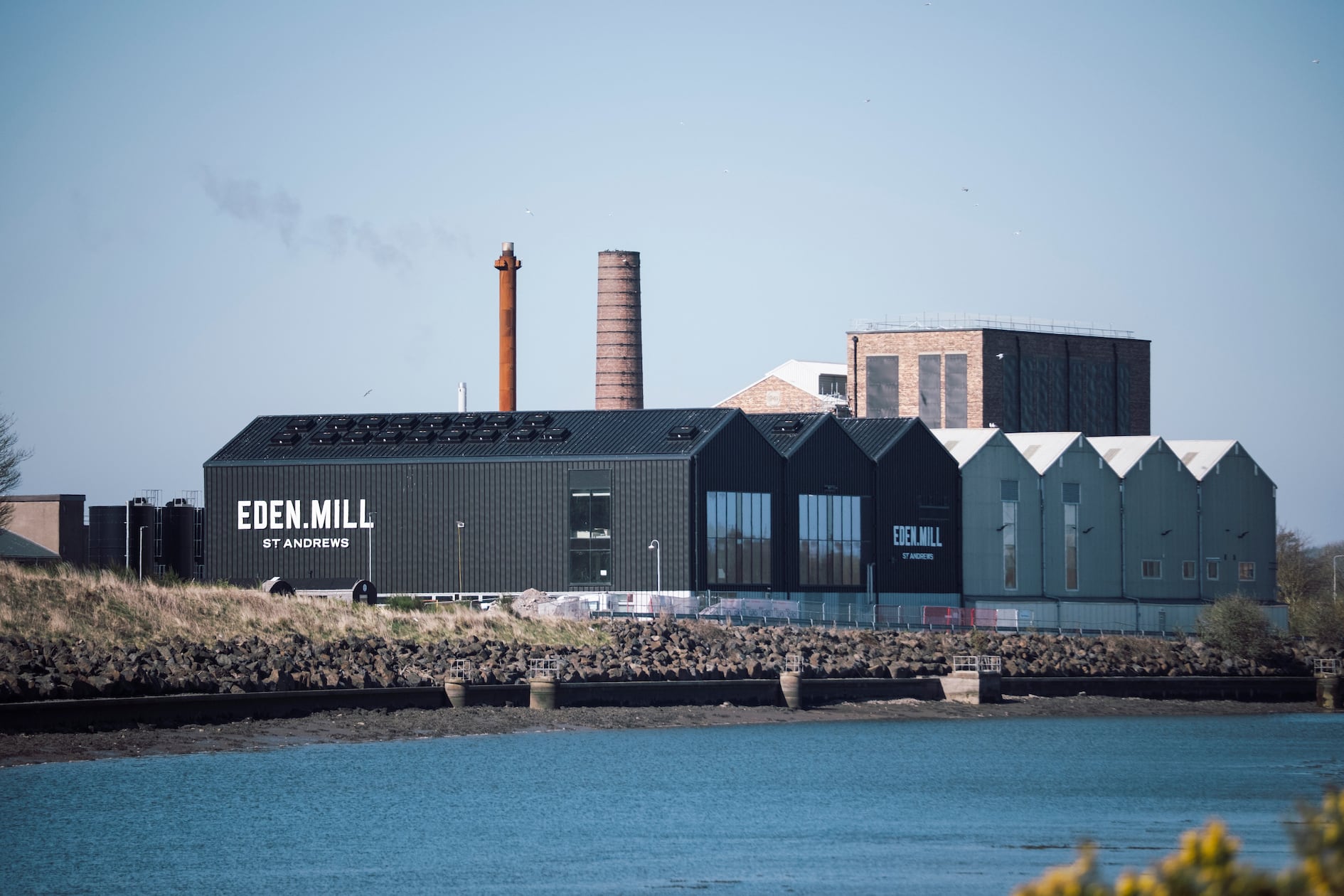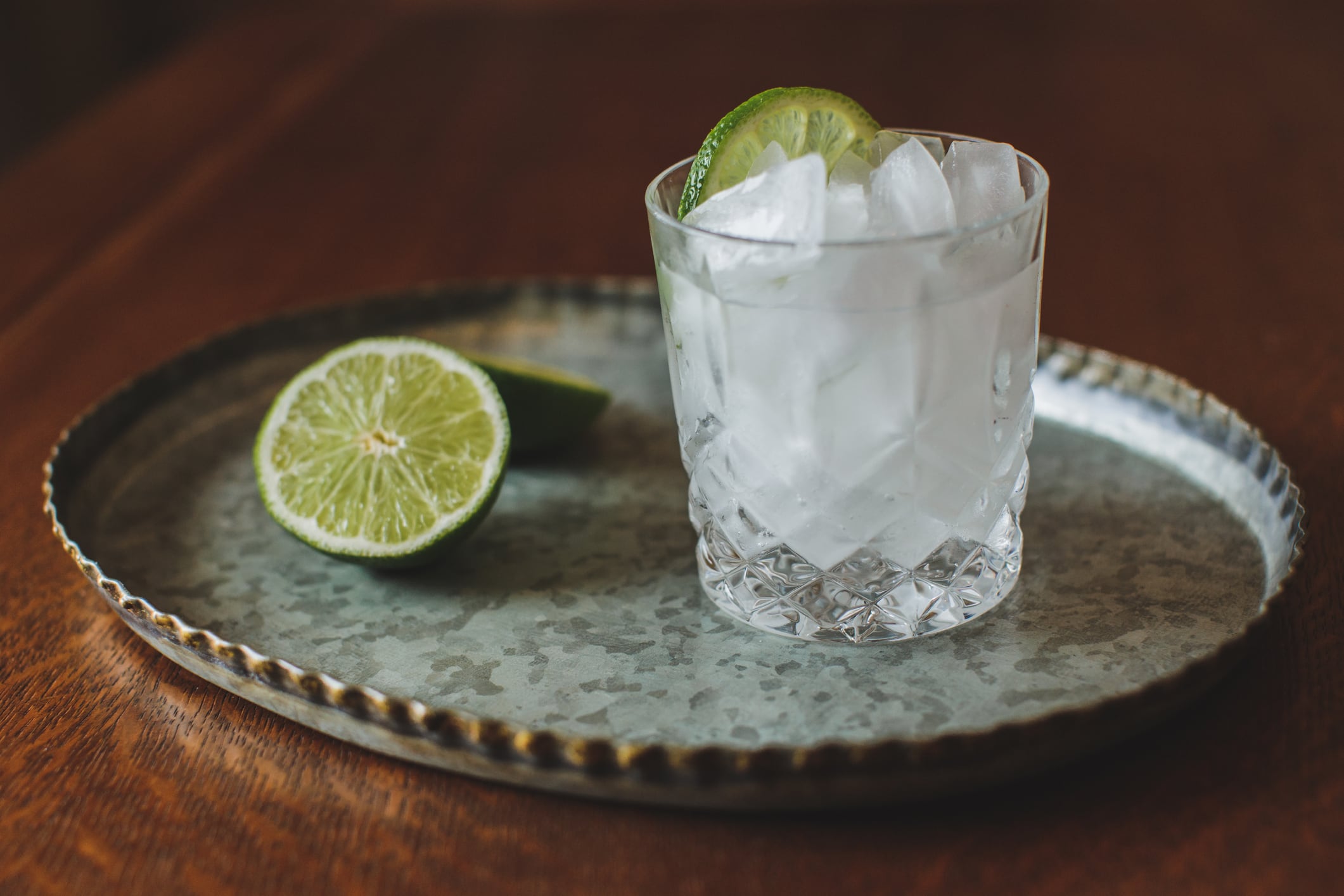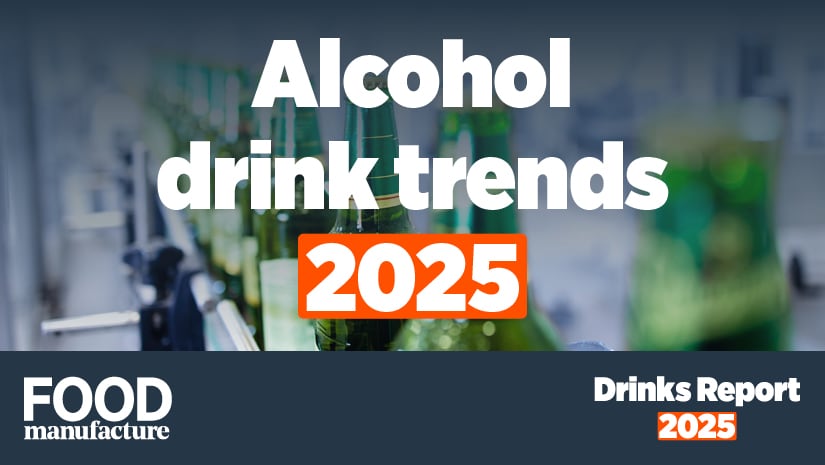The trade body analysed recent figures from the Office for National Statistics (ONS) and confirmed that alcoholic beverages alone accounted for £3 in every £100 of inflation rises in the year to August 2025.
The Scotch Whisky Association (SWA) said this followed a 14% rise in alcohol duty over the past two years, and means that around three quarters of the price of an average bottle of Scotch Whisky is paid in tax.
The Scotch and spirits industry, as well as its wider supply chain, have been making the case for urgent action from the Chancellor Rachel Reeves to halt what it calls “damaging rises” to alcohol duty, which would support the industry and boost cross-sector growth.
Further analysis by SWA found that for every 1% increase on alcohol duty announced in the forthcoming Budget, government borrowing costs will rise by £90 million next year.
The SWA called for a move to support spirits like Scotch Whisky with concerted action in the Autumn Budget.
The SWA said it has consistently pointed to the government’s own receipts which show how two years of duty rises have led to a decrease in Treasury revenue that is £600 million short of Office for Budget Responsibility (OBR) forecasts. With consumer confidence in crisis, recently published data from HM Treasury also reveals that revenue from spirits duty was down 17% in September compared to the same time last year.
Mark Kent, chief executive of the SWA, said: “The numbers are compelling: increasing alcohol duty drives up prices for consumers, it drives down business confidence, and dries up public finances. The Chancellor herself has said she’s not satisfied with the recent inflation levels, and this research shows just how much the soaring spirits tax contributes to those figures.”
He added: “The wide-ranging support we’ve seen across a variety of sectors for action on spirits duty is testament to the damage that multiple duty hikes do to businesses’ growth prospects and stability. A freeze on excise duty in the Autumn Budget will not only give businesses confidence in their domestic market, but will take pressure off of consumers in the run-up to the festive season, and cut Treasury borrowing costs in 2026 and beyond.”
This research follows recent calls from Wine and Spirit Trade Association (WSTA) which urged government to scrap planned duty hikes and avoid more prohibitive price rises, which will further fuel inflation.
Its own recent poll of over 2,000 adults found that 72% of those that drink alcohol said that the price of alcohol in shops has increased either ‘a lot’ or ‘somewhat’ in the last 12 months, while 74% say the price of alcohol has increased ‘a lot’ or ‘somewhat’ in restaurants and pubs.
Over a third (37%) of those that have reported noticing alcohol price increases, said they are less likely to buy alcohol in shops, with that figure increasing to 55% for those buying alcohol in the on-trade.
Miles Beale, chief executive of the WSTA said: “Instead of bringing in more cash to plug the black hole in public finances the Government is reducing tax take and fuelling inflation, pushing up prices by a pound or more in a little over a year for wine and spirit consumers.
“The only way to break the cycle of tax duty increases penalising cash-strapped consumers, depleting Treasury funds and fuelling inflation is to freeze excise duty on wines and spirits at the November Budget.”




